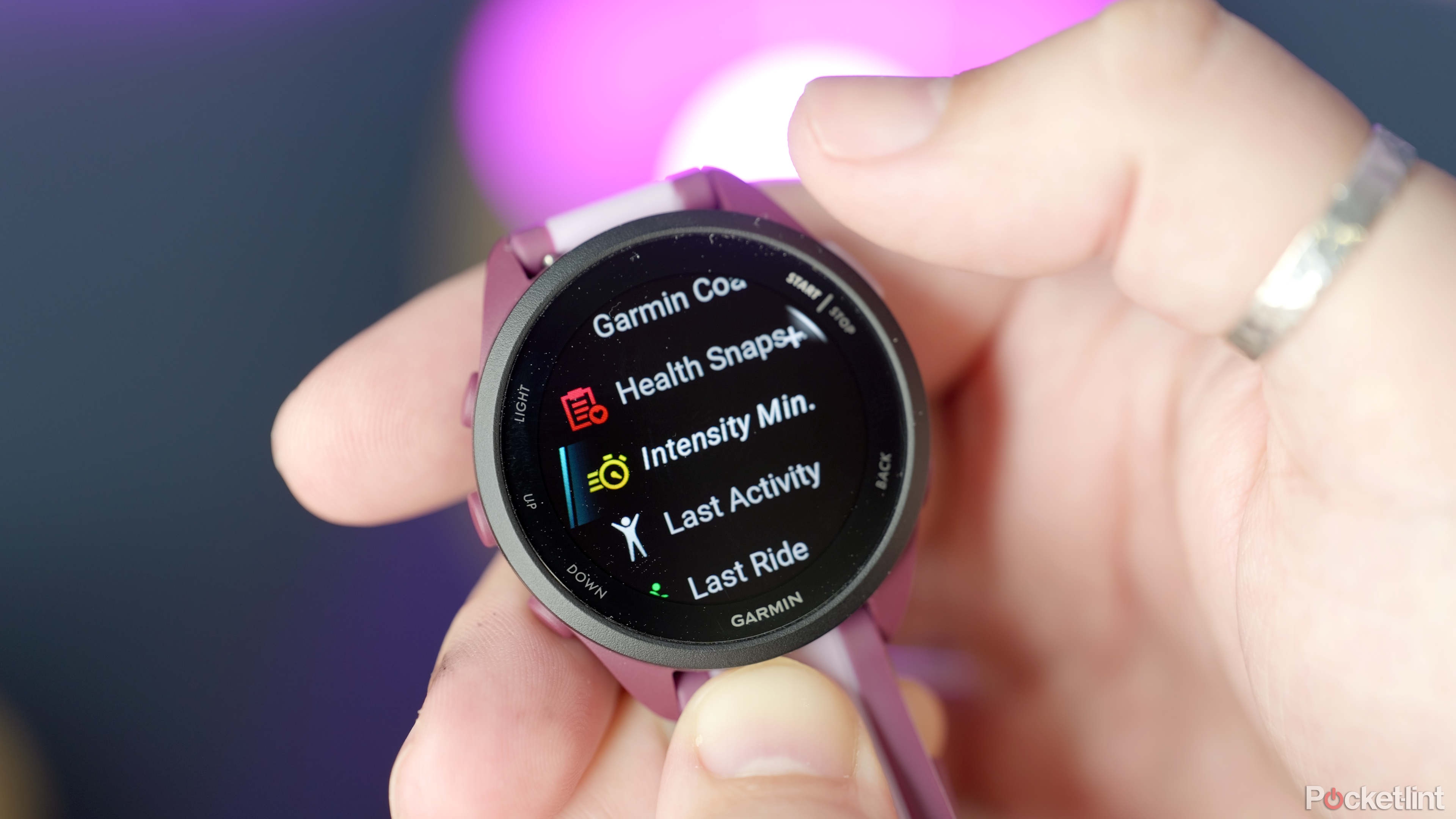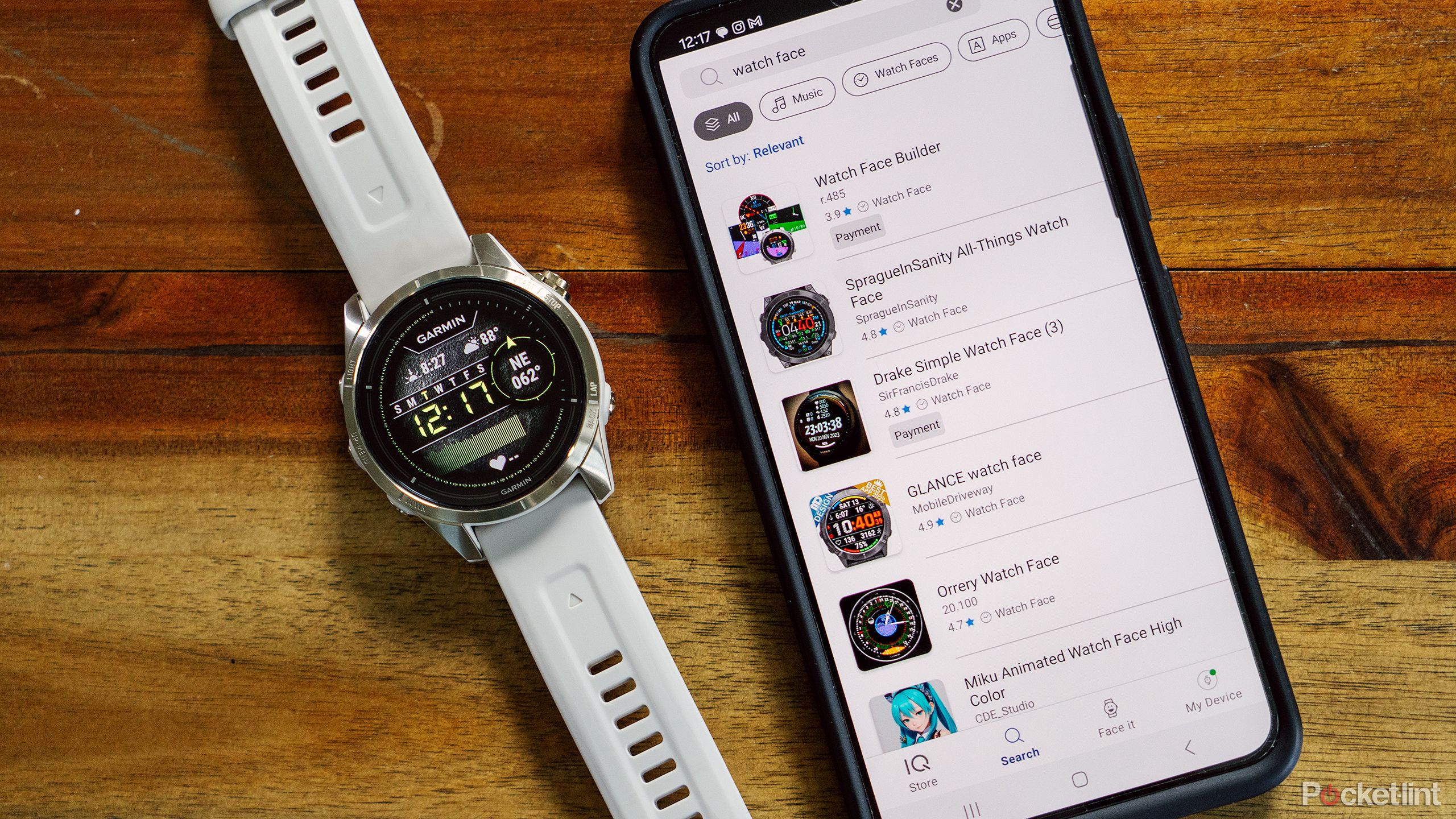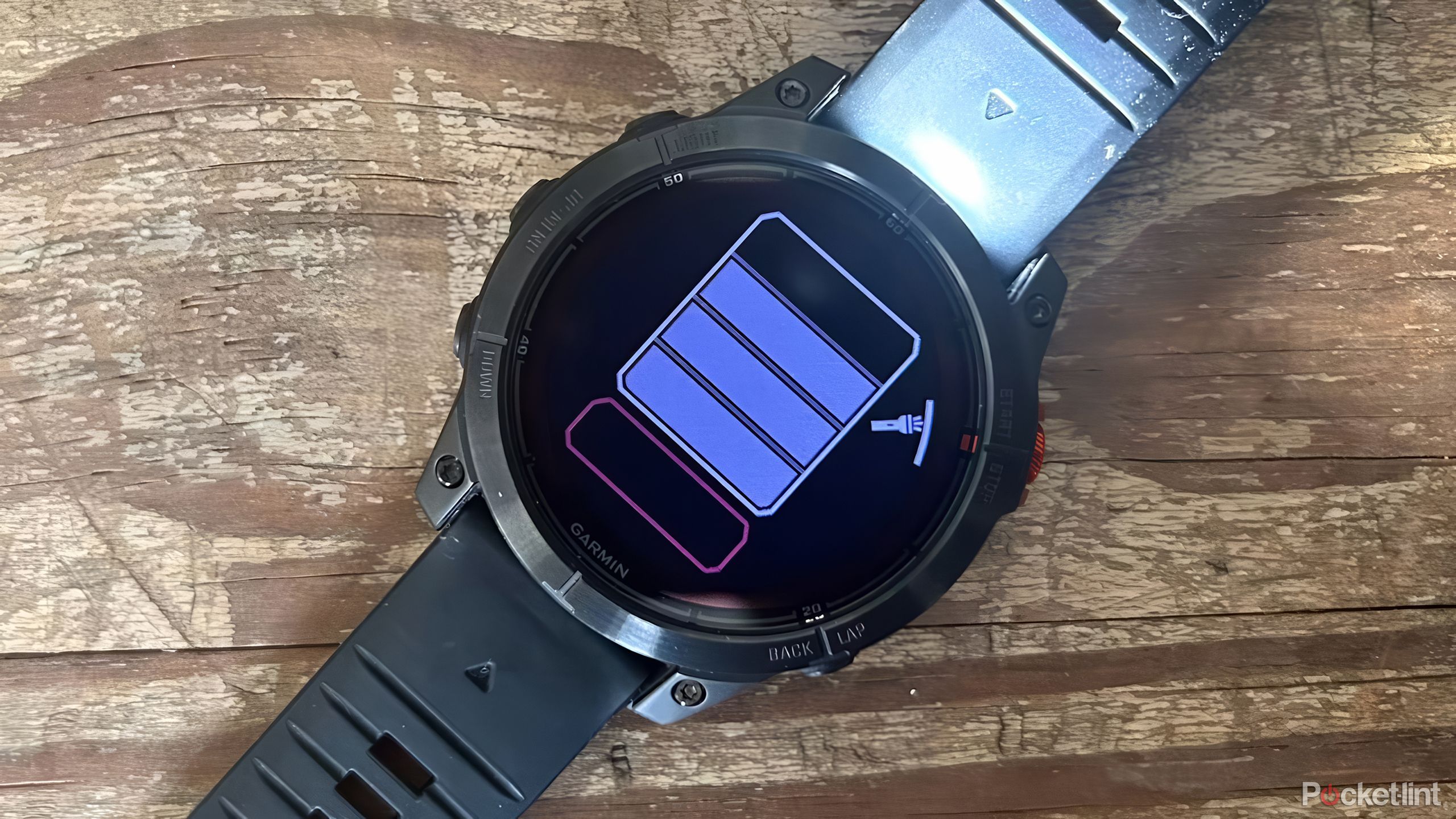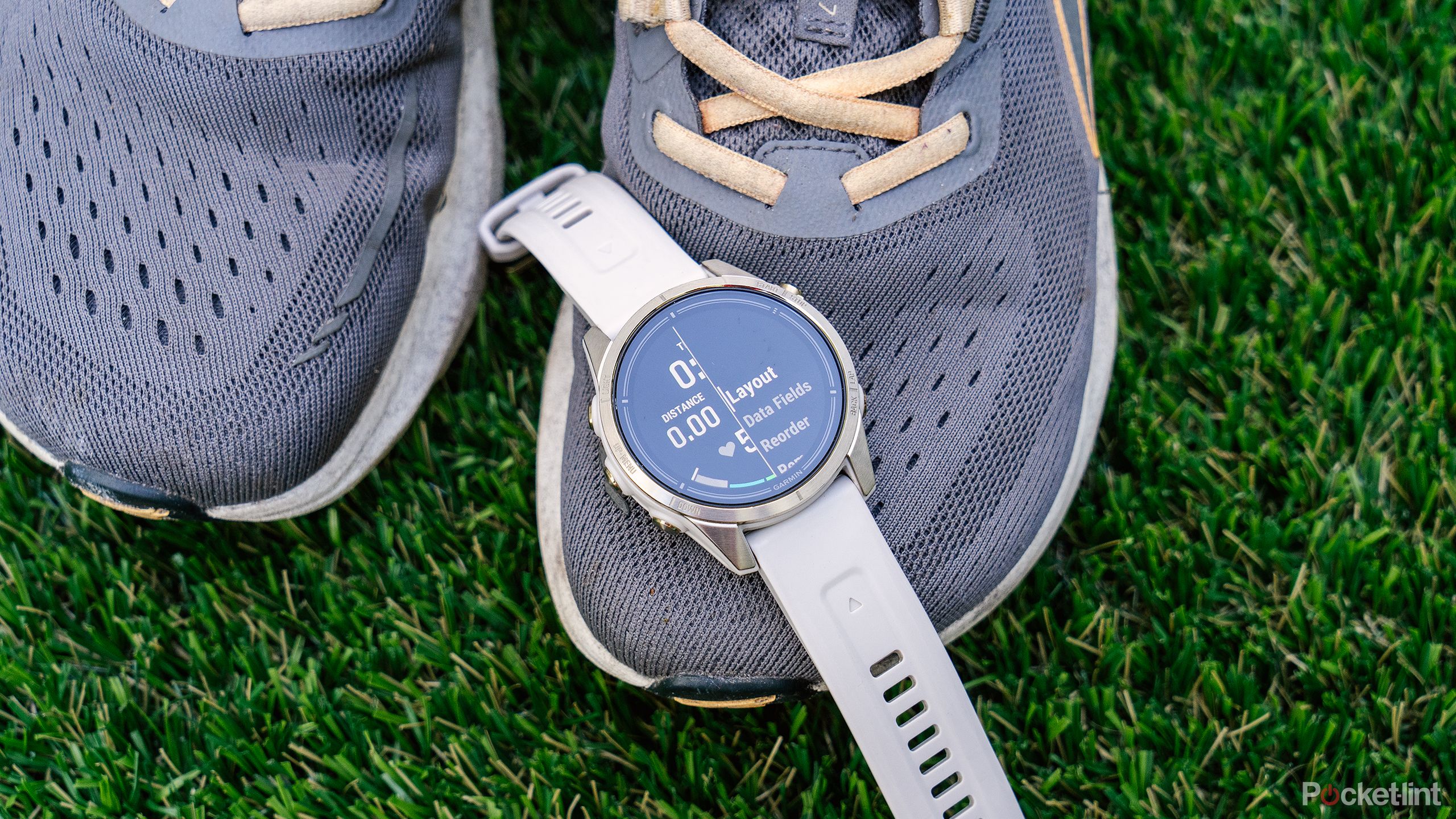Key Takeaways
- Issues like speed, missing features, and battery degradation can be reasons to upgrade your Garmin.
- You should also upgrade if some sort of failure seems imminent.
- You can sometimes prolong the upgrade cycle with troubleshooting steps.
Garmin watches may not be as flashy or general-purpose as something like an Apple Watch, but that can also be a strength — since they’re purpose-built for fitness and adventure activities, their designs tend to stay relevant for longer. That’s especially true given Garmin’s efforts to backport newer software features to older hardware.
Smartwatches inevitably need to be upgraded at some point though, and that’s where this guide comes in. Don’t worry, we’re actually going to deter you from buying a new watch when you don’t have to. We all like the feeling of unboxing a new tech gadget — but the longer you wait, the more meaningful an upgrade becomes.
1 The interface is choppy
Death by a thousand (slow) cuts
Garmin interfaces have rarely been described as buttery smooth. Usually that’s just fine, since when you’re out on a run or lifting weights, your main concern is probably logging workouts rather than flying through menus. If your watch is several years old, however, its UI may feel sluggish, at least by comparison to newer smartwatches with updated processors and additional memory. That can get irritating, all the more so if you’re depending on time-sensitive features like offline navigation.
It’s up to you to decide when you’ve had enough, but before you pop an Epix Pro into your shopping cart, try rebooting your watch first and/or deleting any unnecessary content on it. Still choppy? Check if a software update is available. If there’s not, a factory reset might do the trick.
2
3 No more software updates
Support matters
Every smartwatch maker has a finite amount of resources to dedicate to software support, and naturally, the oldest devices get cut off first. That’s not necessarily a big deal — if a watch is still doing what you need, you can keep using it until it falls to pieces.
Without updates, though, you won’t get any bugfixes, much less access to new features. Think of it as a sign that you should be considering an upgrade, even if there’s no rush to pull the trigger. The only hard barrier is when you can’t connect to vital apps and online services, such as Garmin Connect.
4 Battery life is severely reduced
No longer going the distance
Lithium-ion batteries degrade as you repeatedly deplete and recharge them. That translates into reduced overall capacity, no matter which features you use or how long you leave a device on a charger. In fact, it’s often best to charge devices to around 80% to reduce that degradation.
Garmin watches have famously long battery life, sometimes measured in weeks, so it can be difficult to judge their health. It’s safe to say though that if your watch is losing whole days’ worth of runtime versus what you got out of the box, you’re probably due for warranty repairs or buying a replacement.
5 You genuinely need a new feature
It’s not about being cool
“Need” may be too strong a word, but if a newer watch has a feature that will radically improve your life, it’s worth considering. Models with Spotify caching can make gym sessions more enjoyable, for example, and hikers will benefit from models with offline mapping and embedded solar power. If you’re an athlete, you’ll want a watch that supports Garmin’s Training Status and recovery metrics.
Just remember to be realistic. Some people buy expensive new devices as “motivation” to try an ambitious goal like a marathon, only to fall short or use a fraction of the available features. Upgrade to solve existing problems or goals you’re fully committed to.
6 Durability is compromised
Avoid the worst
Garmin watches are often rugged — its Tactix models are built for soldiers in the field — but they’re not invincible, and what initially seems like minor damage could be the harbinger of a device becoming unusable or failing outright. A large enough display crack, for instance, could interfere with touch output, or expand until the entire screen is vulnerable. A hole in casing might become an entrypoint for dust and water that could fry your circuitry.
Not all damage is a reason to panic, of course. Use your best judgment. You may not like scratches and scrapes, but they’re usually cosmetic issues that only affect resale value, not functionality.

Related
7 features to look for when shopping for your next fitness tracker
These are the features that will actually help you when you’re on a run or lifting weights.
FAQ
Q: Do I need to buy the latest Garmin watch?
No, not necessarily. Garmin tends to support its devices for years, and as long as you’re covered, a watch should do everything you’ve bought it for. The main reasons to go new are longevity, a warranty, and access to the latest features.
Q: How much should I spend on a new Garmin watch?
That depends on what you need, but better Garmin models tend to start at $300. Most people should avoid spending over $1,000 unless they’re professional athletes, soldiers, or rescuers.
Trending Products

Cooler Master MasterBox Q300L Micro-ATX Tower with Magnetic Design Dust Filter, Transparent Acrylic Side Panel, Adjustable I/O & Fully Ventilated Airflow, Black (MCB-Q300L-KANN-S00)

ASUS TUF Gaming GT301 ZAKU II Edition ATX mid-Tower Compact case with Tempered Glass Side Panel, Honeycomb Front Panel, 120mm Aura Addressable RGB Fan, Headphone Hanger,360mm Radiator, Gundam Edition

ASUS TUF Gaming GT501 Mid-Tower Computer Case for up to EATX Motherboards with USB 3.0 Front Panel Cases GT501/GRY/WITH Handle

be quiet! Pure Base 500DX ATX Mid Tower PC case | ARGB | 3 Pre-Installed Pure Wings 2 Fans | Tempered Glass Window | Black | BGW37

ASUS ROG Strix Helios GX601 White Edition RGB Mid-Tower Computer Case for ATX/EATX Motherboards with tempered glass, aluminum frame, GPU braces, 420mm radiator support and Aura Sync














